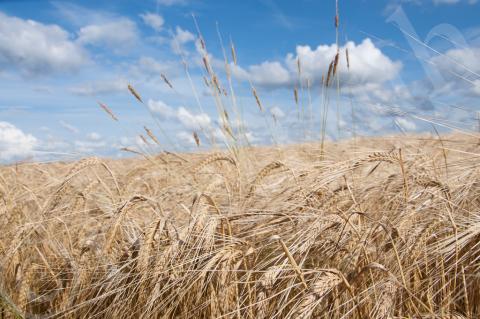Submitted by Administrator on Tue, 03/03/2015 - 12:28
In work published in Ecology & Society, scientists have shown that production of a large array of renewable resources, including staple foods such as meat, vegetables and soybeans, has peaked. The peak year of appropriation is also alarmingly synchronous: 16 resources presented a peak rate year centred on 2006 (1989-2008). In relation to future food security, one author comments: “People often talk of substitution. If we run out of one substance we just substitute another. But if multiple resources are running out, we’ve got a problem. Mankind needs to accept that renewable raw materials are reaching their yield limits worldwide.” A number of causal mechanisms for the results are discussed, including change in demand, innovation and adaptation, interdependent use of resources, physical limitation, and simultaneous scarcity.
 … and climate change? A more recent study published in PNAS looked for the ‘fingerprints of climate trends” on European crop yields, and found that climate change has been responsible for a 10% slow down in wheat and barley yields. Maize and sugar beet yields, on the other hand, have increased. The authors note that with all these averages they disguise a large amount of country–country heterogeneity. This research may be the first of its kind; more is surely needed to quantify the effect of climate change on crop yields worldwide.
… and climate change? A more recent study published in PNAS looked for the ‘fingerprints of climate trends” on European crop yields, and found that climate change has been responsible for a 10% slow down in wheat and barley yields. Maize and sugar beet yields, on the other hand, have increased. The authors note that with all these averages they disguise a large amount of country–country heterogeneity. This research may be the first of its kind; more is surely needed to quantify the effect of climate change on crop yields worldwide.
Sources:

